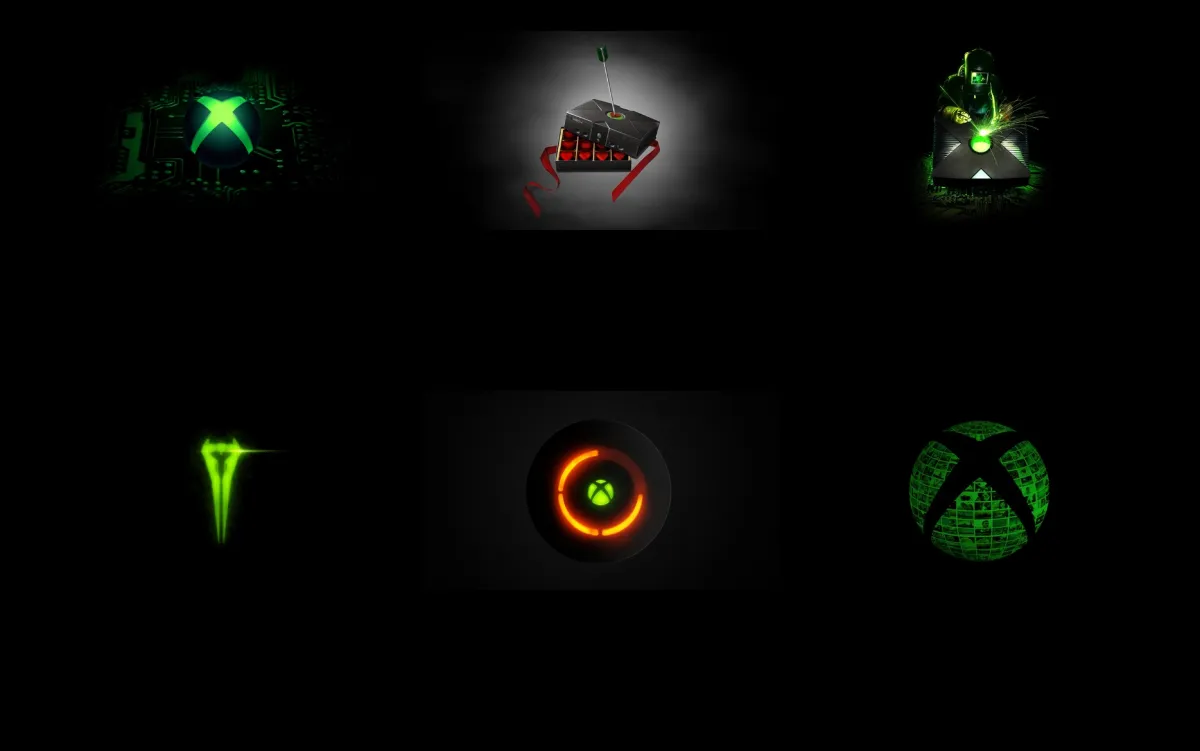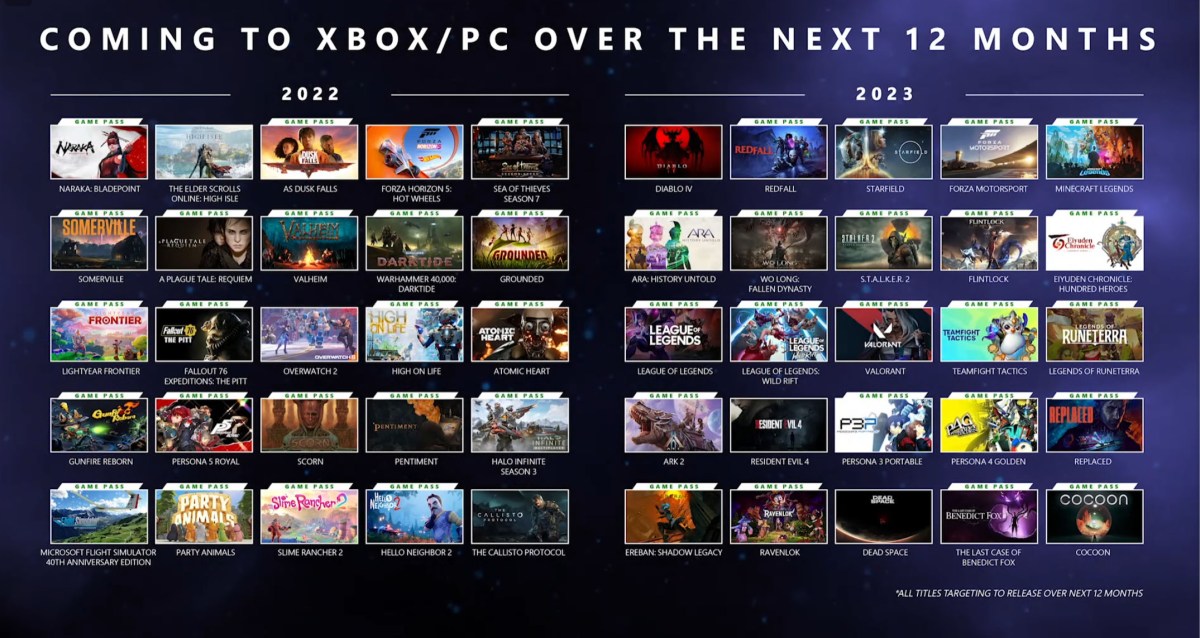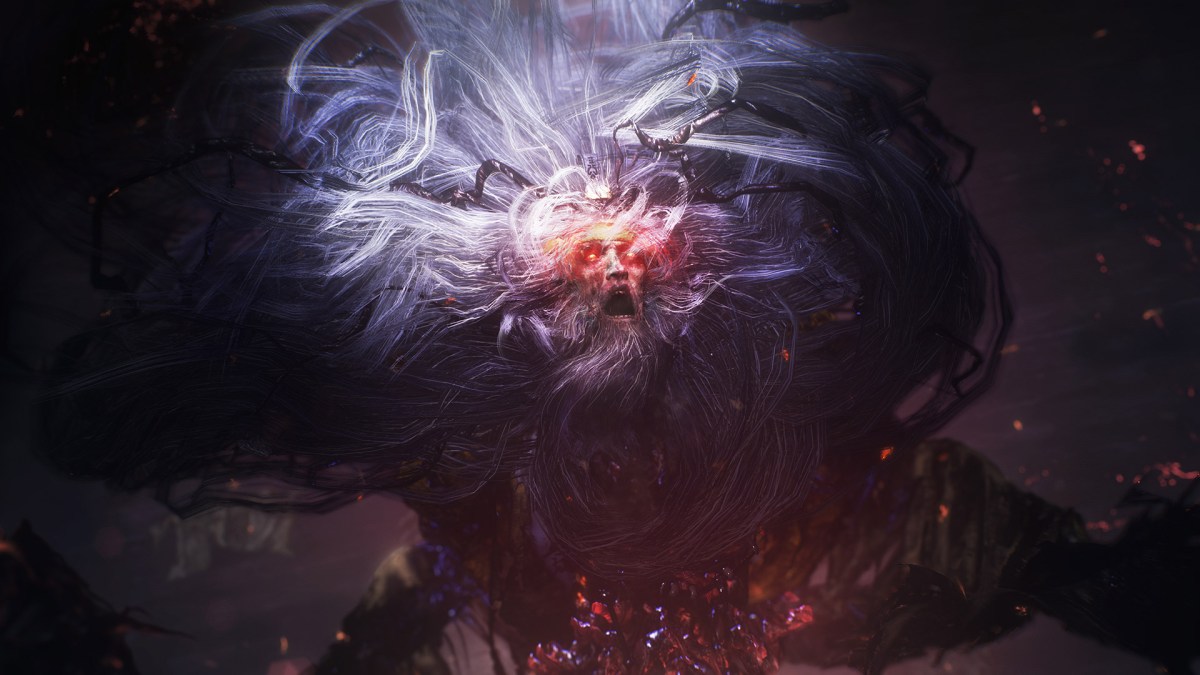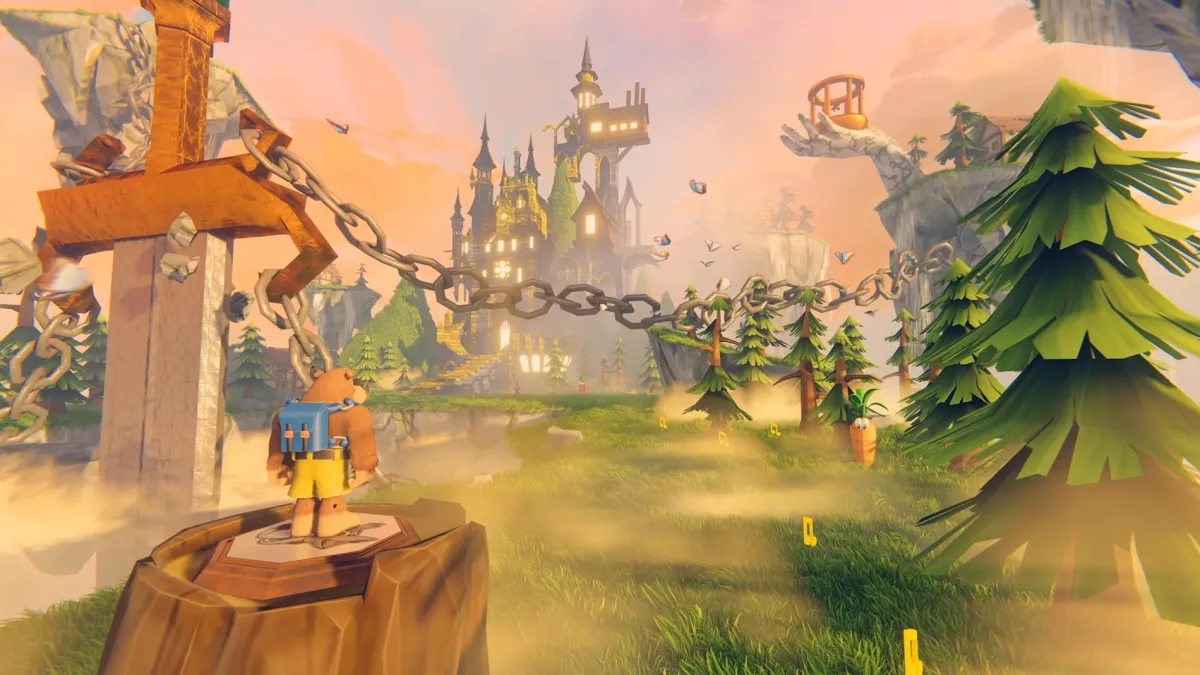If there’s one word that categorically defines the Fable series, it has to be “promise.” Fable has always been a franchise with promise, made by people who do nothing but promise. Each game is always pretty fun, but consistently falls short of its own goals, and always carries with it the glimmer of that unfulfilled promise.Â
Perhaps one day, the Fable series will finally strike the chord it’s been grasping at for all these years. Today, however, is not that day.
If there’s one word that categorically defines the Fable series, it has to be “promise.” Fable has always been a franchise with promise, made by people who do nothing but promise. Each game is always pretty fun, but consistently falls short of its own goals, and always carries with it the glimmer of that unfulfilled promise.
Perhaps one day, the Fable series will finally strike the chord it’s been grasping at for all these years. Today, however, is not that day.{{page_break}}

It should have been the ultimate realization of everything the franchise has built towards, as players finally get a taste of true power. So what went wrong? Why is it that Fable III, in its attempt to be bigger and more powerful than ever, is actually the least significant and weakest entry in the series yet?
First of all, Fable III does absolutely nothing to expand on its own formula. Even though you’re royalty, you’ll still spend most of your time farting at people to win their approval and performing mind-numbing QTE minigames in order to earn cash. In fact, once players do finally become king, the game devolves even further, becoming a glorified choose-your-own-adventure book as you sit listening to a “Good” and “Evil” proposal and decide what to do, with only the occasional short quest to break things up. That’s as much as I can say without providing spoilers, but suffice it to say, it’s not good to be the king.
Perhaps Lionhead was trying to make a statement with that, but if it was, it’s a clever statement that was nonetheless made at the expense of player enjoyment.

Even worse, the game hasn’t bothered to fix any of the previous game’s problems. The glowing trail one uses to find important locations is still broken, freaking out whenever a player switches direction or just randomly disappearing altogether. Your faithful dog still has zero intelligence whatsoever, and will often jerk around in spastic circles instead of leading you to the treasure it insists is there. In fact, AI all around is completely worthless, with enemies that provide no challenge and NPCs that will constantly get in your way. These were very apparent problems in Fable II and the fact that nobody thought to fix them is really unacceptable.
As if that wasn’t bad enough, Fable III suffers from some unbelievably poor design choices that take the previous game’s ideas and makes them more awkward and tedious. For a start, there are no real menus in the game. Instead of going to a menu screen to equip items, select quests, and check character progress, pressing Start now takes you to a “Sanctuary” full of rooms that you must manually enter in order to do anything. If you want to equip a hat, for example, you have to load the Sanctuary, enter the clothing room, walk to the mannequins, find the right mannequin, select the mannequin, select the hat, and then finally wear the hat. Apparently it was too convenient to just hit Start, select the clothing option, and put on the damn hat.
You have to do this for quests as well, visiting the Sanctuary and then activating the map before finally getting access to the various quests. You know, there is a reason why we’ve had menus in games for over twenty years. They work. It boggles the mind why Lionhead eschewed them, as a studio that routinely streamlines its games to make them more fluid and easy to use. This arcane system totally goes against that philosophy.

Similarly cumbersome changes have been made to the socializing system. In previous games, you could emote in various ways and the surrounding NPCs would react to you. In Fable III, you can only emote to villagers one at a time, performing the same tedious animations for them until they like you. You also need to perform a stupid fetch-and-carry quest for every single person you want to befriend. The old system wasn’t very realistic, but it was quicker and far more respectful of one’s time than this. There was no reason to change it, and the change has only been for the worse.
It seems Lionhead “fixed” things that didn’t need fixing, and refused to touch anything that was legitimately broken. The rest of the game is just Fable II, but far less epic in scale. Fable II felt like a real adventure across all of Albion, while Fable III feels incredibly limited. You visit only a few places, and fight only a fraction of the types of enemies that Fable is known for. Even the final battle is a short and dull hack-n’-slash section followed by an unimpressive boss fight. So unimpressive, in fact, that it feels no different at all from any of the other fights in the game.
Even the leveling and item system has been scaled down. Your leveling system is now governed by Guild Seals that are earned by fighting enemies, finishing quests and interacting with people. They essentially equate to a form of currency that is used to open up treasure chests on the “Road to Rule.” This road contains chests for clothing colors, social interactions, combat stats and minigame enhancement. In short, everything has been bundled into one place, leaving nothing to discover in Albion itself.

This lack of focus on being in Albion permeates the entire game. Much less emphasis has been put on buying property, starting families, or even exploring. The number of stores and blacksmiths has been reduced, and there’s far less to do overall. The Albion of Fable III is less compelling, less rewarding and less interesting in every way possible.
That is not to say that the game doesn’t have its moments. The emphasis on choice and asking whether the end justifies the means is impressively done, and while the game offers very clear “Good” and “Bad” moral choices, the reasons behind those choices run far deeper than before. There is an intelligent narrative buried in Fable III that borders on political commentary, but never gets preachy or overbearing.
The game’s vocal cast steals the show, with the likes of Stephen Fry, Simon Pegg, John Cleese and Bernard Hill, among many others, putting in a surprising amount of effort and making one feel proud to be British. Sadly, the game’s sense of humor doesn’t do the great performances justice, still focusing as it does on fart jokes and appropriated Monty Python quotes. Much of the dialog is far below the talent of the people performing it, making it even more impressive that each actor does his very best.

As for the rest of the game, it copies the Fable II mold without apology. The single-button combat system is still in place, with one button each ascribed to melee, ranged and magic attacks. It’s still a lot of fun to customize your character and make them look as impressive or silly as you like, and the general atmosphere of Fable has remained intact. The very bones of Fable are in place, unchanged, and still as average as ever.
Co-op makes a return, and while it is currently offline at the time of writing, it appears to work in very much the same way. Players can now own properties together, get married, have kids, and help each other in combat, but again, the total lack of anything fun to do in Albion makes it a far less compelling option. I stress that I have not had access to this option yet and if it makes a significant difference to the game, you shall know. But given that there really isn’t very much to do for one player, let alone two, the chances of it impacting the adventure aren’t favorable.

Fable III isn’t a bad game; it’s just very disappointing. Lacking the sense of adventure of the previous games and making the most simple of elements more awkward and overdrawn, it feels like a step back for the franchise. It’s a shame, because its narrative goals are truly outstanding and there’s still a lot of simplistic role-playing fun to be had. These positives are outweighed, however, by a downsized sense of scale, cumbersome attempts at innovation, and a total neglect when it comes to fixing some important problems.
Not only has Fable once again failed to live up to its promise, it’s gotten further away from it than before, and that’s an incredibly frustrating shame.












Published: Oct 26, 2010 2:37 AM UTC